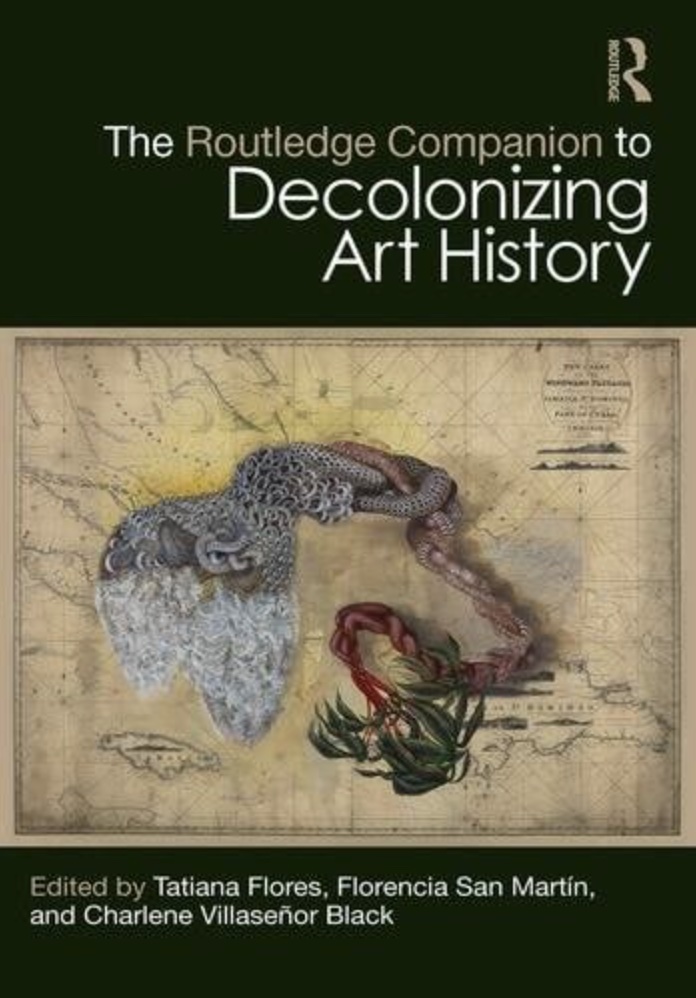
Bibliographic Reference
Amanda Cachia, “Reinvention at the Wheel: Shaping New Histories in the Decolonization of Disability” in The Routlege Companion to Decolonizing Art History, edited by Tatiana Flores, Florencia San Martín, and Charlene Villaseñor Black, New York and London: Routledge/Taylor & Francis, 2023.
Hailing from the deep south of Mississippi, Black contemporary disabled artist Shawanda Corbett was born with one arm and no legs, and questions the idea of a complete human body. Through an interdisciplinary practice comprised of painting, performance, dance, wearable architecture, poetry, and pottery, Corbett rejects the binaries of oppression between human/nonhuman and able-bodied/disabled, and challenges definitions around categories such as race, gender, and disability. Corbett draws on the construct of the cyborg and its theoretical feminist applications through scholars such as Donna Haraway. The artist is also inspired by the speculative science fiction of Octavia Butler, histories of jazz, slavery, the
gospel mime tradition of face painting in Black churches in the American south, and the language and movement of pottery to offer a powerful optic for the Black female disabled experience. Corbett’s work extends the thinking of the Black, feminist disabled scholar Sami Schalk, and the practices of other contemporary Black artists like Wangechi Mutu. In Corbett’s improvised physical acts of throwing – and so reinventing – at the wheel, she shapes new literal and metaphorical worlds in which to open up the imagination, where gender, race, and disability seamlessly dissolve, work that aids in decolonizing art history itself.